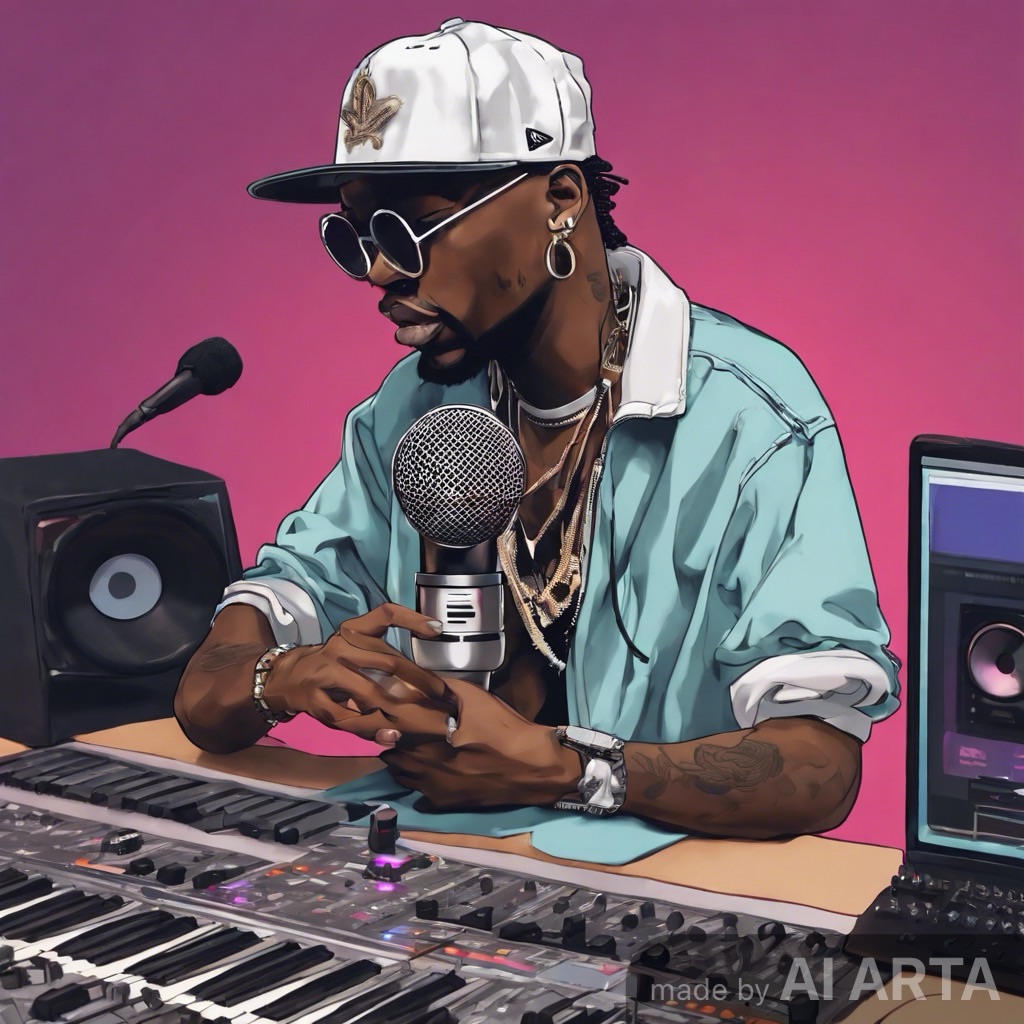Artificial Intelligence has permeated various aspects of our lives, including the realm of music. One such innovation that’s been making waves is AI voice simulators. While these technologies offer intriguing possibilities, they also raise important questions about creativity, business dynamics, and performance authenticity within the music industry.

From a business perspective, AI voice simulators can be a double-edged sword. On one hand, they present opportunities for cost reduction and efficiency. Instead of hiring expensive session vocalists or dealing with the logistical challenges of coordinating recording sessions, artists and producers can utilize AI to generate vocal tracks quickly and affordably. This could be particularly advantageous for independent artists or smaller labels with limited resources. However, this convenience comes with a caveat. By relying too heavily on AI-generated vocals, artists risk diluting the human element that often forms the emotional core of music. Authenticity and connection with the audience may suffer as a result, potentially impacting long-term brand loyalty and artist-audience relationships.
From a writer’s perspective, AI voice simulators offer intriguing possibilities for experimentation and exploration. Writers and composers can use these tools to generate vocal demos, explore new vocal styles, or even collaborate with virtual vocalists on creative projects. The ability to quickly iterate and experiment without the constraints of human vocalists can be liberating for artists seeking to push the boundaries of their craft. However, there’s a risk of over-reliance on AI-generated vocals leading to creative stagnation. Writing for human voices requires a deep understanding of emotion, nuance, and expression that AI may struggle to replicate convincingly. As such, writers must strike a balance between leveraging AI as a creative tool and preserving the integrity of their artistic vision.
From a performance perspective, the rise of AI voice simulators raises complex questions about authenticity and artistic expression. On one hand, AI can empower performers to deliver flawless, technically perfect renditions of songs in live settings, enhancing the overall quality of the performance. Additionally, AI voice simulators open up new possibilities for artists with disabilities or vocal limitations to share their music with the world in ways that were previously inaccessible. However, there’s a danger of performances becoming sterile and disconnected from the raw, spontaneous energy that defines live music. Audiences crave authenticity and genuine human connection in live performances, and excessive reliance on AI-generated vocals could undermine these fundamental aspects of the concert experience.
The emergence of AI voice simulators capable of replicating the voices of deceased individuals adds another layer of complexity to the conversation surrounding the use of this technology in the music industry. While the prospect of hearing new music from beloved artists who have passed away may initially seem enticing to fans, it also raises profound ethical and legal questions.
From a moral standpoint, simulating the voice of a deceased artist for commercial purposes raises concerns about consent and respect for the individual’s legacy. Without explicit permission or guidance from the artist or their estate, using AI to replicate their voice for new recordings could be seen as a violation of their artistic integrity and personal autonomy. It also opens the door to potential exploitation and manipulation of the deceased individual’s image and likeness for profit, raising ethical red flags about the commodification of deceased artists’ identities.
From a legal perspective, the use of AI to simulate the voice of a deceased artist could give rise to complex intellectual property issues and litigation. In the absence of clear laws or precedent governing the use of AI-generated voices, disputes over ownership rights, royalties, and licensing agreements could quickly escalate into contentious legal battles between artists’ estates, record labels, and technology companies. Additionally, there’s a risk of potential defamation or misrepresentation claims if the AI-generated recordings are used in ways that distort or misrepresent the artist’s intentions or artistic legacy.
Furthermore, the use of AI to simulate the voices of deceased artists could have far-reaching implications for the broader music industry, influencing how we perceive and interact with music as a form of artistic expression. It raises fundamental questions about the nature of creativity, authenticity, and the boundaries of artistic representation in an increasingly digital and technologically driven world. As such, it’s crucial for industry stakeholders, legal experts, and policymakers to engage in proactive dialogue and collaboration to establish clear guidelines and ethical standards for the responsible use of AI voice simulators in music production and performance. By addressing these complex issues thoughtfully and transparently, we can ensure that the legacy of deceased artists is honored and preserved with dignity and respect, while also fostering innovation and creativity in the music industry.
In conclusion, the usage of AI voice simulators in the music industry presents both exciting opportunities and challenging dilemmas. While these technologies offer potential benefits in terms of cost-effectiveness, creative exploration, and performance enhancement, they also raise concerns about authenticity, creativity, and the human element of music. As the music industry continues to navigate the evolving landscape of technology and innovation, it’s essential for artists, producers, and industry stakeholders to approach AI voice simulators with thoughtful consideration and a commitment to preserving the essence of what makes music truly meaningful.









